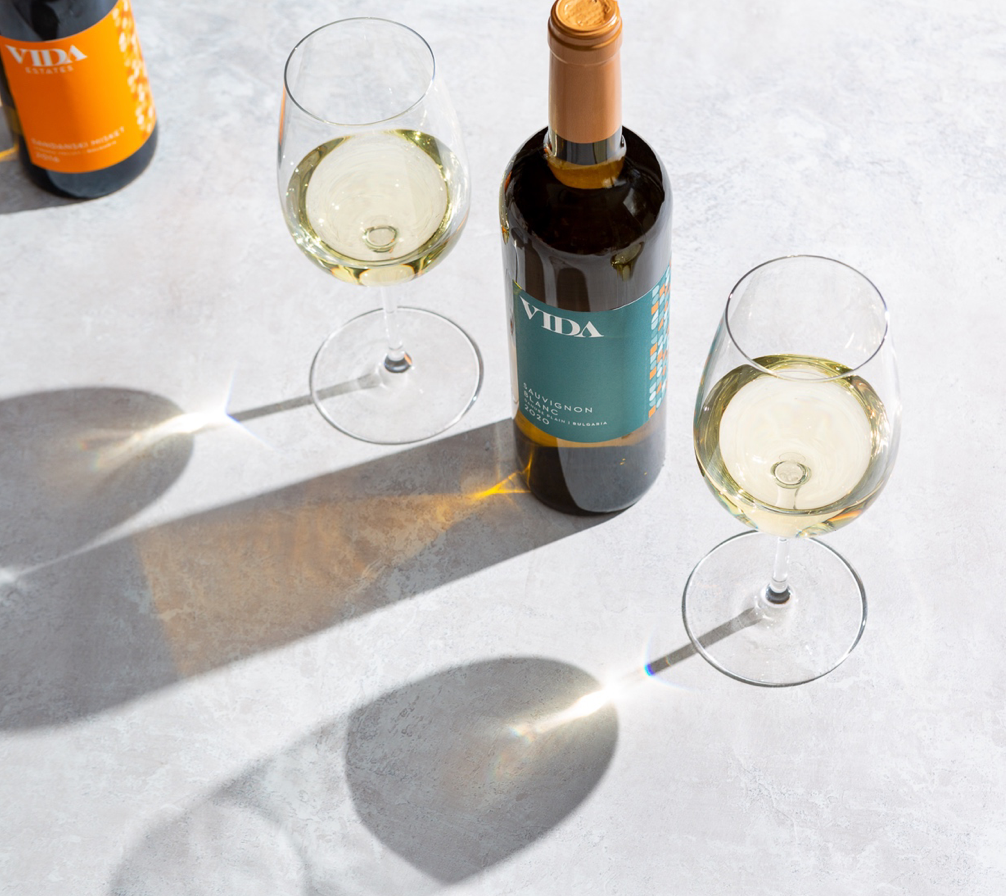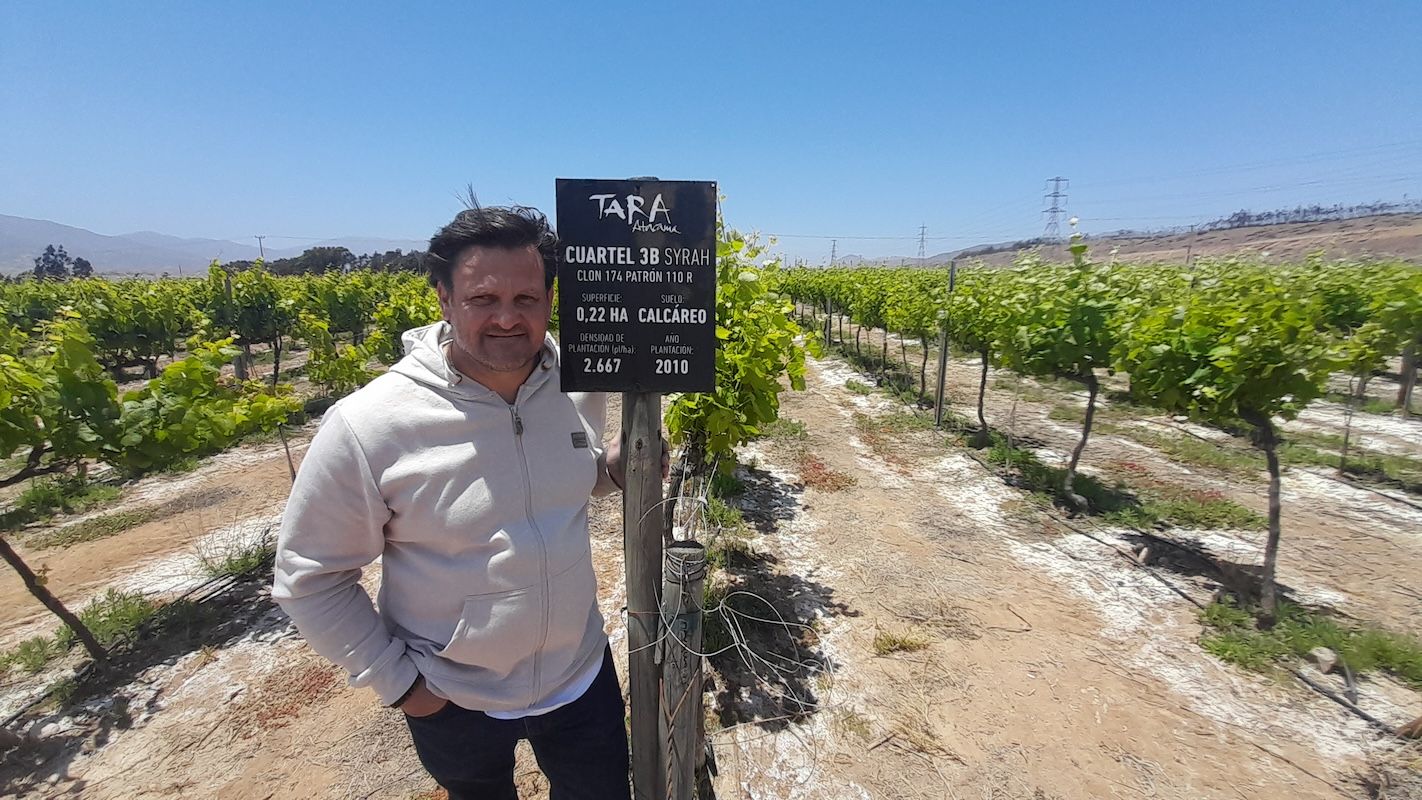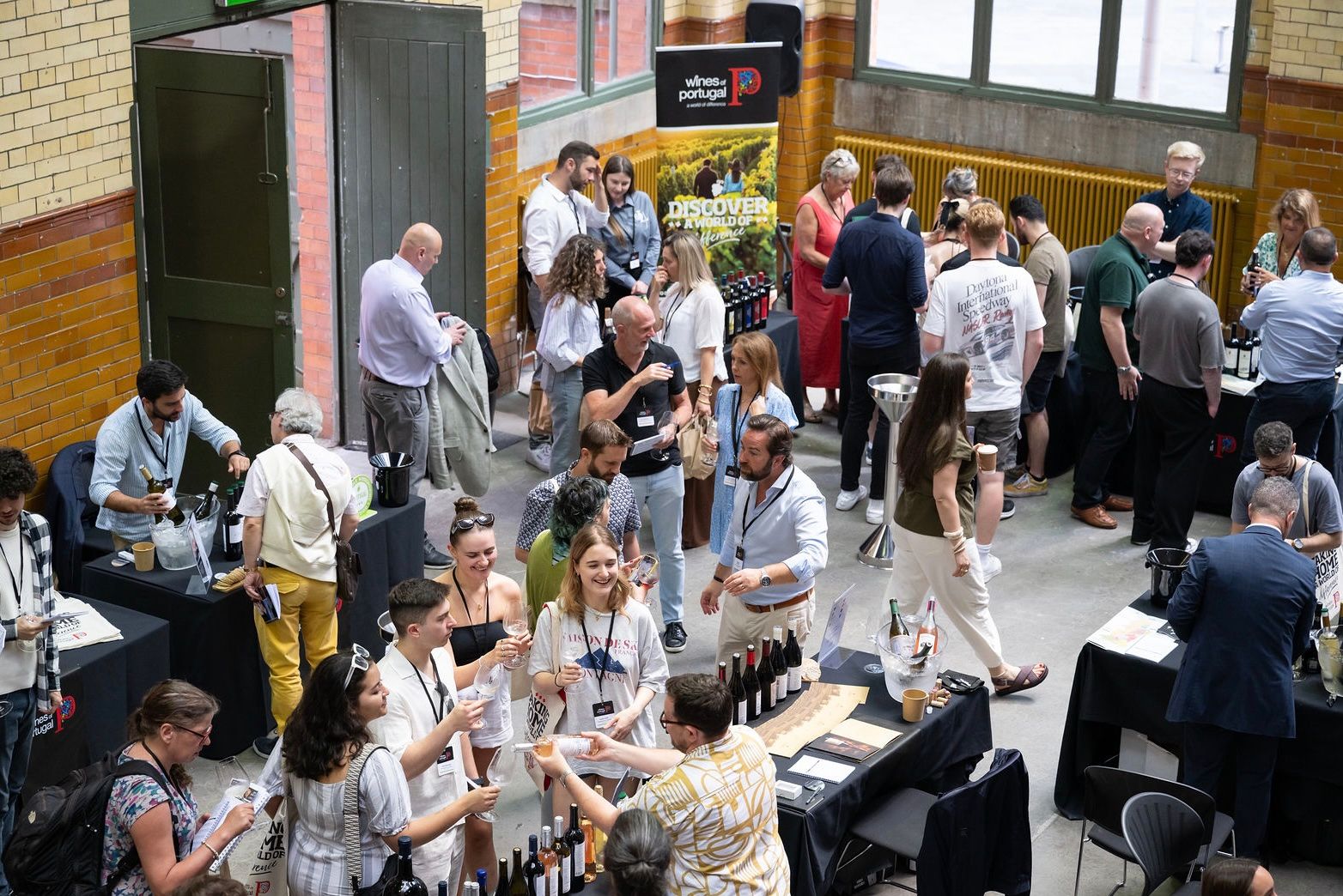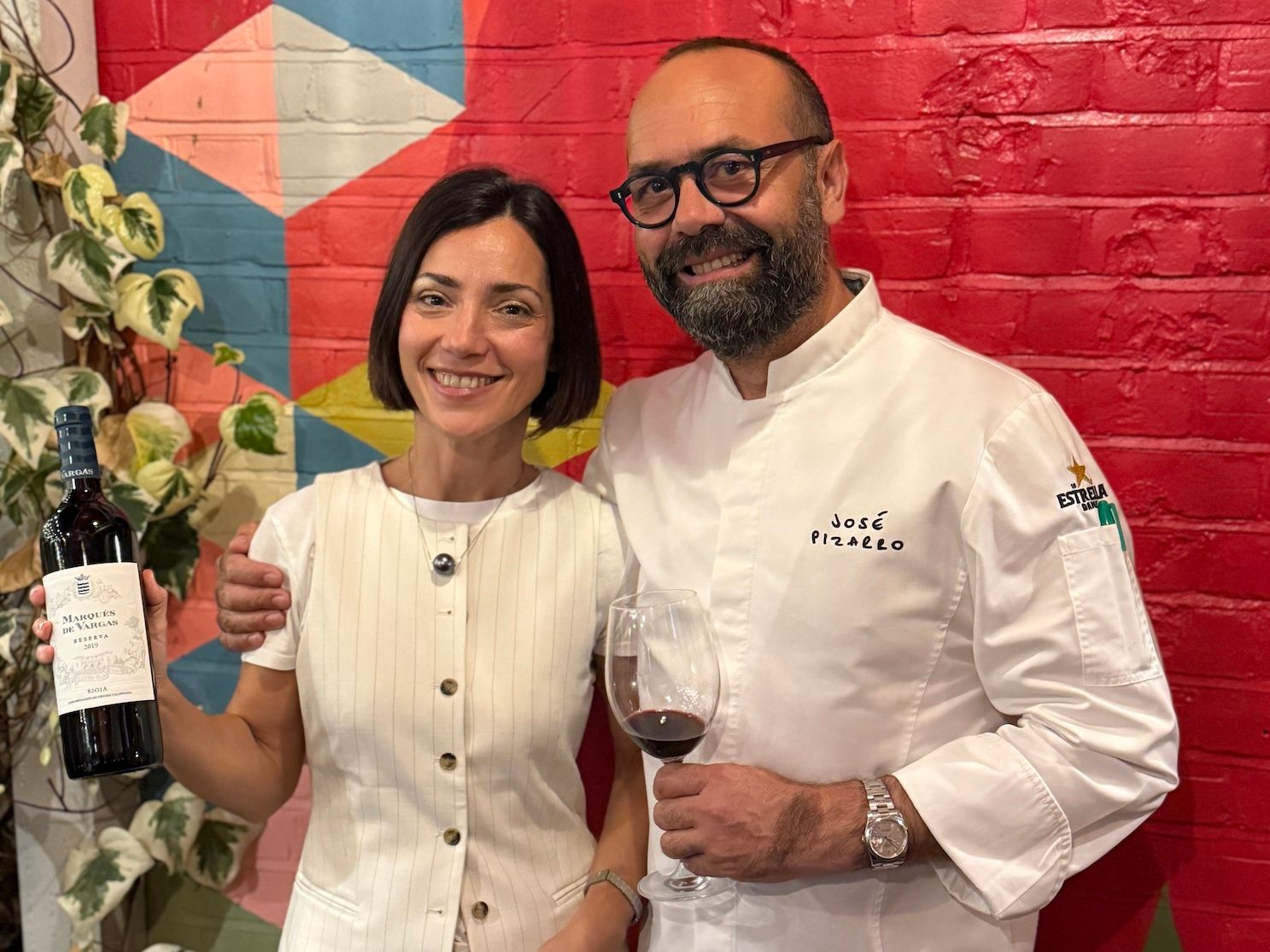“The idea is to unite these nations, so we have a wide offering of the weird and wonderful – that really is the core,” says Olivier Freymuth, on Vida Wines & Spirits’ focus on regional European wines.
Olivier Freymuth has the sort of background that could be intimidating. The son of a French diplomat with family links to the vineyards of Burgundy.
“Wine was always there”, he says. “My father had a lot of receptions at home on a weekly basis so there was a lot of fine dining going on as I grew up.”
His initial career, though, was in the world of fine arts, before first getting his taste for wine – and startups – when he founded Best Wine Selection in 2002. Here he was able to learn the ropes of working with tried and tested French wines, but also bat for the underdog and look to elevate the status of, then untrusted, Australian wines and other New World wines.
“I’m a curious type and I get bored. I need excitement and if I don’t get it then I need to move on,” he says. And that he did.

Olivier Freymuth has enjoyed a wide and varied career and is now focused on promoting East European wines at Vida Wines
Freymuth spent the next 10 years immersed in buying and selling with major companies. From Argentina to India, his role under Don St Pierre at ASC Fine Wines in Shanghai opened his eyes to new and exciting international producers from around the world. Again working with famous French names like Bollinger and new wines from Austria and finding a place for them both in the growing Chinese market.
In 2014, Freymuth returned to Europe, moving over to consultancy and sales roles, including a time with Genesis Wines, helping to import blue-chip wines from France, Spain, and Italy – but always with a buying role.
As he says:“Very simply because I like trading and if I know what I’m buying, I know what I’m selling.”
Look East
Last February, Freymuth joined the newly launched Vida Wines & Spirits and his first experience of tasting, sourcing, buying and selling wines from underdeveloped and undervalued wine-producing countries across Central and Eastern Europe.
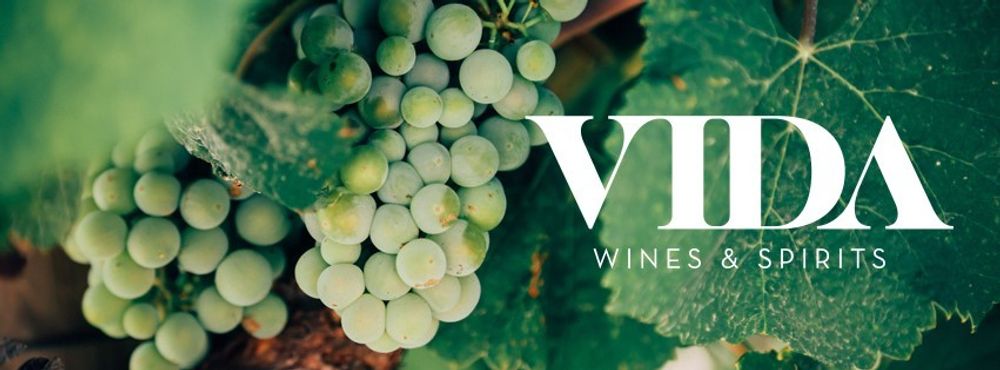
It’s where he quickly saw the appeal of countries such as Bulgaria and the “final far west” of Europe that were becoming rising stars in regional and orange blends. For Freymuth, his work at Vida is an opportunity to democratise wine by focusing on those grapes on the backbench.
Vida has also entered the market on the back of lockdown where we all craved something new and different and in wine buying terms the classic regions, such as Burgundy, have become too scarce and expensive, opening up new avenues for enterprising ambitious countries and regions rich in indigenous grapes and traditional winemaking values.
“I’m actively looking for all the weird and the wonderful that it out there. We have our our fingers on the trading, buying, and marketing of these wines,” he says.
Vida believes wine drinkers are increasingly looking to experience the novelty of discovering new wines made from indigenous grapes.
“What we are trying to show is a comprehensive landscape of different grapes, styles, and people in different regions. Yes, in Slovenia we have fantastic fizz, but we’ve also got whites made from Zelen that should not be ignored.”
What’s particularly exciting, he adds, is the level of experimentation taking place even within the traditional estates as they try to redefine who they are away and get away from the restrictions of winemaking in the past and the need to produce another ink-black, cellar red.
With a personal taste for French wine cider, Freymuth is excited by expressions of lighter, orange wines that are sometimes made in tiny amounts by the barrel.
Historically countries such as Serbia, Moldova and Romania were renown more for their sweet wines, but Freymuth now believes it is “organic, vegan, orange and indigenous grapes that are by far leading the pack”.
Vida has put a lot of faith in producers working with native and indigenous varieties, but also those experimenting with hybrid international blends that, says Freymuth, can still make “very nice everyday wines.”
Its range, for example, incudes Romanian Gamza to show indigenous grapes that are of the curve.
Redefining Eastern Europe
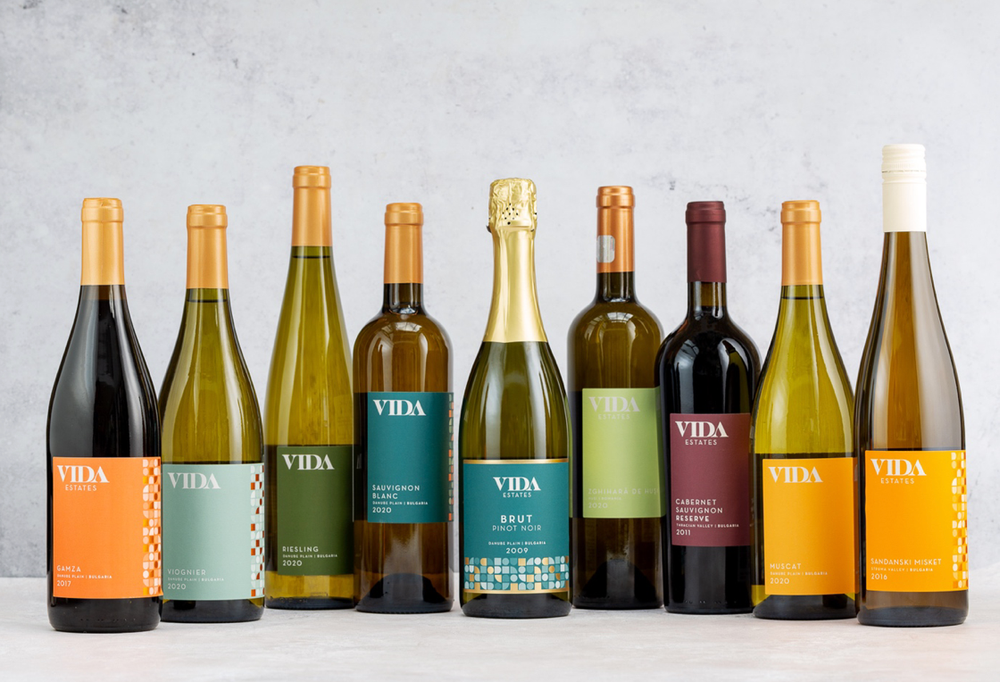
Vida Wines has strong ties with producers across Central and Eastern Europe
But it’s not all plain sailing and whilst there is definitely interest in wines from Eastern Europe, that does not always tally with what wines are being bought and listed and ending up on shelf. Too often wines from Eastern Europe end up near the bottom end of the supermarket shelf, rather than space on the premium shelves.
Freymuth says Vida’s aim is to show what is available from these countries if you are prepared to spend a little more.
Its portfolio is aimed at both the on and off-trades and is largely capped at around the £40 retail mark for the average bottle. It knows the consumer has a resistance to spend much more than that when discovering new regions for wine, explains Freymuth.
But it’s not just finding a price point that’s important. It’s telling the stories of the producers that make the wines.
“The people in the story from these countries are not only quality producers but they’re exciting. The women winemakers, the grandfather who has been on the vineyard for 70 years, and the young producer translating New World wines back into Bulgaria are worth discovering because they are different,” he explains.
Towards the east, in Bulgaria and Moldova, there has traditionally been a stylistic push geared towards the Russian taste – big wines with high alcohol and notes of wood. Vida is looking for wines that are heading the other way.
“We are looking for high acidity, lower alcohol where possible. Wines with elegance, and balance. A vast proportion of our portfolio tends to steer clear of overly oaked wines because they already exist in the market.”
Wine and culture
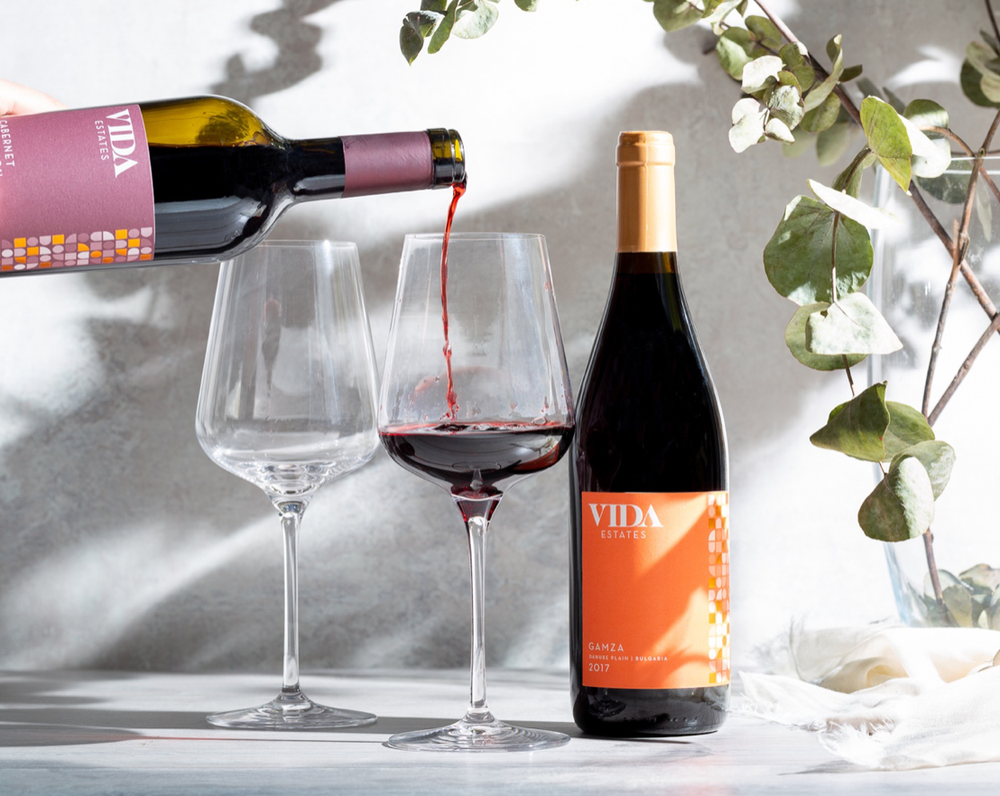
Vida hopes to give consumers a different range of wines to explore
Vida hopes it can help bring new and different wines to people’s dinner tables.
“After several lockdowns wine should be enjoyed, not purchased and left in a cellar for investment – there’s nothing wrong with that, but the reality is that wine should be appreciated together,” says Freymuth. “That is exactly what Europeans have always done, drink wine with family and friends. It’s that sharing element that is important.”
It also hopes to provide a platform and a route into the highly competitive UK market for producers who usually find it too hard a nut to crack. Particularly for a tiny East European producer with just four hectares of vines – that can seem an impossible feat.
“We are trying to help them – if the wines are stylistically suitable to a British palates,” he adds with opportunities both for wines for everyday purchase or those more for a special occasion.
Vida also has plans to introduce food from countries that have such a long heritage of food and wine that dates back thousands of years. But these have had to be put on hold due to supply chain issues.
Future buying
Keeping the range fresh, fun and interesting is important to Freymuth. He predicts a rise in Slovenian, Hungarian and Slovakian wines that Vida can import directly from business owners. He is also on the look out for more wines from the Czech Republic and Serbia. Closer to home he believes Swiss wines have a good future in the UK.
“There will be one representative from one region with one style of wine and then something completely different from other regions – we need to show our breadth and range,” he adds.
Looking forward

Vida Wines & Spirits produces a wide range of content – headed up by Juel Mahoney – to help tell the stories of its producers
Vida Wines & Spirits is in the process of fine-tuning its range of wines available both online and in the trade, and is concentrated on driving more traffic to its reworked website using content and educational pieces. Freymuth hopes to be able to work with its producers to tell their stories and raise consumer awareness of them and their regions. Particularly those that do not have agricultural boards to help them.
“We want to provide a view to somebody here perhaps they don’t have – so the website will have explanations about the history and the winery,” Freymuth explains, highlighting the role of new content manager Juel Mahoney.
Next month’s London Wine Fair will also be an important platform for Vida Wine & Spirits to communicate the wines of the regions from countries that lack the ability to unite and explain who they are. Freymuth intends to show the region “as it should be.”
“The only way to get people to understand is to get them to try – you just have to get them to taste the wine and then confidence rises. It doesn’t mean you will like all thewine, but that is the whole point of wine, there is something for everybody. Otherwise, it becomes stale.”
He adds: “They are such different regions with different histories with different levels of expertise and different funds. I think being willing to experiment and discover is very much how people should look at these countries and forget preconceptions because they are no longer valid. Variety really is a big word for these nations. There is a lot going on and it is well worth discovering.”
- If you would like to find out more about Vida Wines & Spirits then go to its website here.
